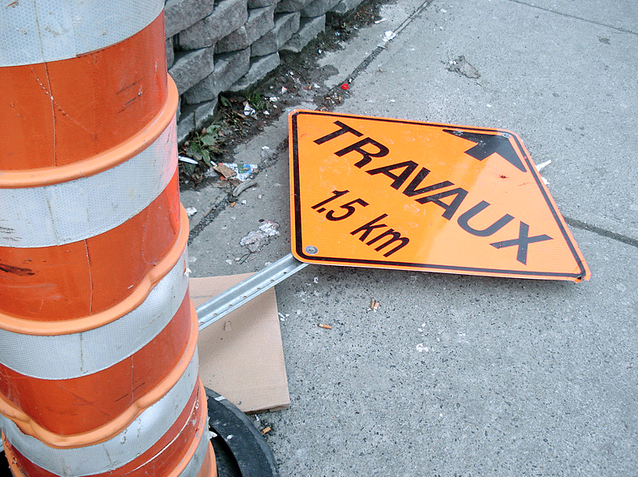They don’t have the power to put criminals behind bars. They don’t have the power to take people to court. They certainly don’t have the power to accuse witnesses of wrongdoing. However the Charbonneau Commission has the ability to inform the people and in a society like ours, an informed people is the greatest power of all.
“The commission’s investigations are going well, in terms of one of the purposes of the commission, which was to make public the corruption in Montreal,” said Marcel Danis, Concordia University professor, lawyer, and former politician, in an interview with The Concordian.
The Charbonneau Commission was created by Jean Charest’s Liberal party on Oct. 19, 2011. As I look at the past year, I must say, I’m fairly impressed with the work this commission has done. As a result of the testimonies made by witnesses on the stand at the commission, two major Quebec politicians, Gerald Tremblay, now ex-Montreal mayor, and Gilles Vaillancourt, ex-Laval mayor, have resigned amid corruption allegations.
This is what Montreal’s corrupt construction industry, and the system as a whole, needs; a fresh start. The Charbonneau Commission, chaired by Justice France Charbonneau is doing just that. Although they don’t have the power, like I said, to accuse people in court, they have shed substantial light on the process in which public contracts are given out, and many politicians, Vaillancourt and Tremblay among them, were ratted out in the process.
The commission, however, does have certain drawbacks. Not only can they not make arrests, but witnesses who testify are completely protected. This, according to Danis, has pushed many people to come and testify.
“One of the bad things about the commission is that when someone goes to testify at the commission, what they say cannot be used against them,” said Danis. “That’s why some police officers were against the fact of creating the commission in the first place.”
However, one must not focus on that aspect of the commission, because it seriously undermines what the commission is actually doing, which is more valuable; scaring corruption out of the industry.
Lino Zambito, ex-construction boss and one of the more popular witnesses at the Charbonneau Commission, said it himself that the “process really hasn’t been the same lately.” People are finally aware of how corrupt the process was, and measures are being put in place to try and fix the system. This, all thanks to the commission.
“There’s no doubt that one of the good things of the commission is that it will scare people who are civil servants to work in the city of Montreal,” said Danis. “They’re more likely to be very careful at least for a number of years.”
According to Danis, prices for public contracts have dropped substantially since 2009, having “gone down between 25 and 30 per cent for sewer work and sidewalk work.”
More importantly, the commission is enlightening the people. Montreal is littered with corrupt politicians and a large mafia. Joe Pistone, also known as Donnie Brasco, infiltrated the New York mafia in the 1970s and ‘80s, and was invited to testify at the Charbonneau Commission. His experience has taught him a lot about the inner workings of the mafia, and he put it simply enough.
“Without that corruption, they really can’t operate,” said Pistone. “And as soon as the public realizes that, it lessens the impact that the mafia can have on us.”
Montreal needs to get back on track as one of the best cities in North America. The first step is by cleaning up our streets, and we have the Charbonneau Commission to thank for the progress we’ve made this year.
